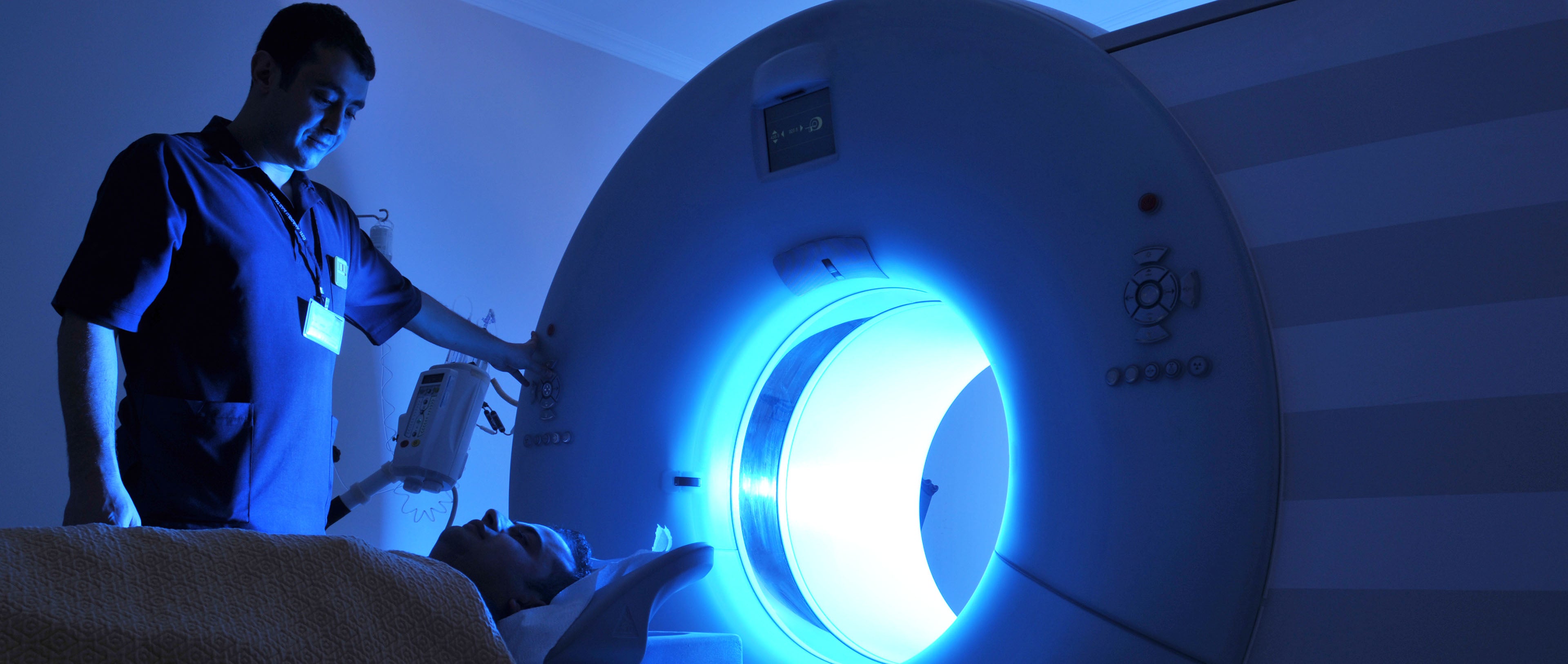Radiological Technology

Admissions Office
Admissions Office
Email: admissions@muskegoncc.edu
Phone: (231) 777-0366
Office Hours:
Mon: 8:30am – 6:30pm
Tue-Thu: 8:00am – 5:30pm
Fri: 8:00am – 12:00pm
Counselor
Sylvia Hayes
Faculty – Counselor – Health Services
Email: Counselingandadvising@muskegoncc.edu
Phone: 231-777-0362
Office Hours:
Mon-Thu: 8:00 am - 4:30 pm
Fri: 8:00 am - 12:00 pm (virtually)
Program Questions
Sylvia Hayes
Faculty – Counselor – Health Services
Email: Counselingandadvising@muskegoncc.edu
Phone: 231-777-0362
Office Hours:
Mon-Thu: 8:00 am - 4:30 pm
Fri: 8:00 am - 12:00 pm (virtually)
Degrees/Certificates
WHY RADIOLOGICAL TECHNOLOGY?
Radiologic technologists, also known as radiographers, perform diagnostic imaging examinations, such as x rays, on patients. MRI technologists operate magnetic resonance imaging (MRI) scanners to create diagnostic images. Radiologic and MRI technologists work in healthcare facilities, and more than half work in hospitals.
You may take classes at Muskegon Community College to transfer to a radiological technology program at another college. Radiologic technologists and MRI technologists typically need an associate’s degree. Many MRI technologists start out as radiologic technologists and specialize later in their career. Radiologic technologists must be licensed or certified in most states. Few states license MRI technologists. Employers typically require or prefer prospective technologists to be certified even if the state does not require it.
Overall employment of radiologic and MRI technologists is projected to grow 13 percent from 2016 to 2026, faster than the average for all occupations. As the population grows older, there will be an increase in medical conditions that require imaging as a tool for making diagnoses. The median annual wage for magnetic resonance imaging technologists was $69,930 in May 2017.
The median annual wage for radiologic technologists was $58,440 in May 2017.



